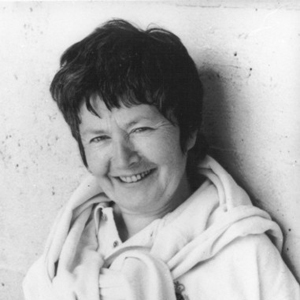
Your complimentary articles
You’ve read all of your complimentary articles for this month. To have complete access to the thousands of philosophy articles on this site, please
If you are a subscriber please sign in to your account.
To buy or renew a subscription please visit Subscriptions.
If you are a print subscriber you can contact us to create an online account.
Interview
Luce Irigaray
Luce Irigaray interviewed by Octave Larmagnac-Matheron and translated by Mélanie Salvi.
Luce Irigaray, now ninety-two years old, was, among many other things, one of the most impactful feminists of the 1970s liberation movements – before she was marginalised, then ostracised, from the francophone intellectual sphere. The reason for this was the publication of her thesis, Speculum of the Other Woman (1974), a radical critique of the use of the feminine in psychoanalysis, and a deconstruction of the very foundations of our culture. According to Irigaray, our culture is built around the idea of a ‘neutral subject’; but this idea is fictitious: the reality is what she calls ‘sexuate belonging’ and ‘sexuate difference’. This says there are two subjectivities, masculine and feminine, and also a culture of ‘between two’; as opposed to the idea of a universal human subject who in practice is male.

The immediate scandal of the publication was commensurate with the book’s success: Irigaray was cast away from Vincennes University and the École Freudienne de Paris.
…









